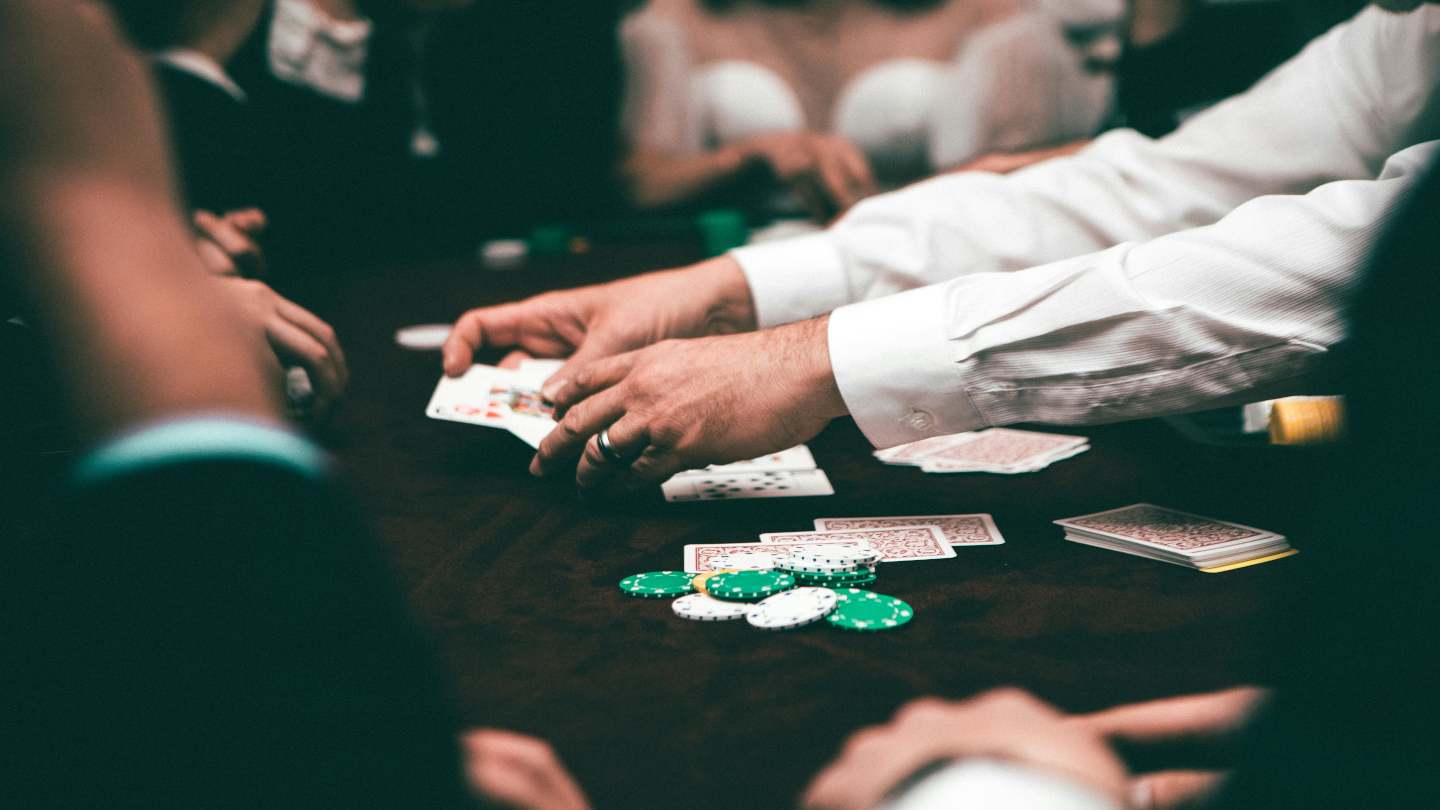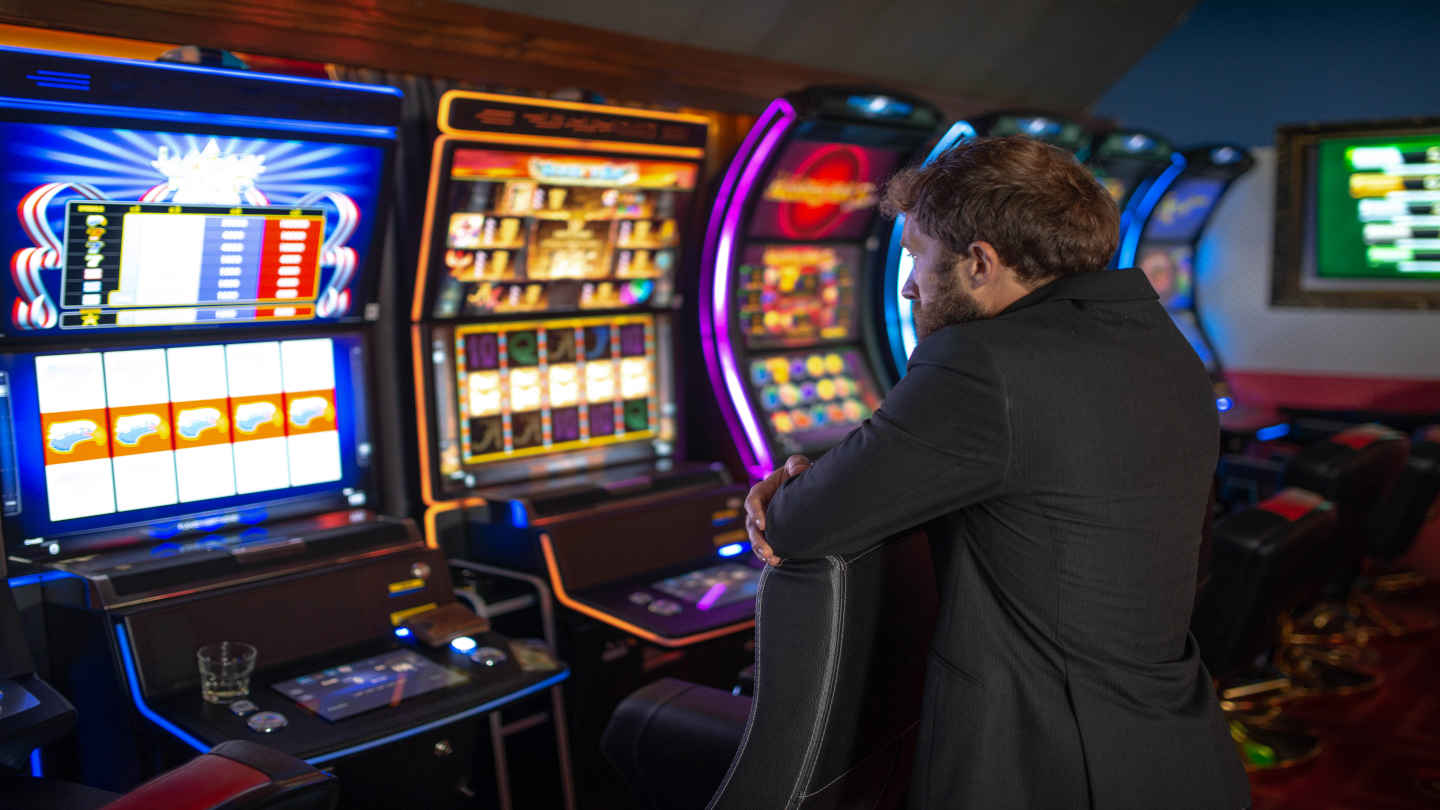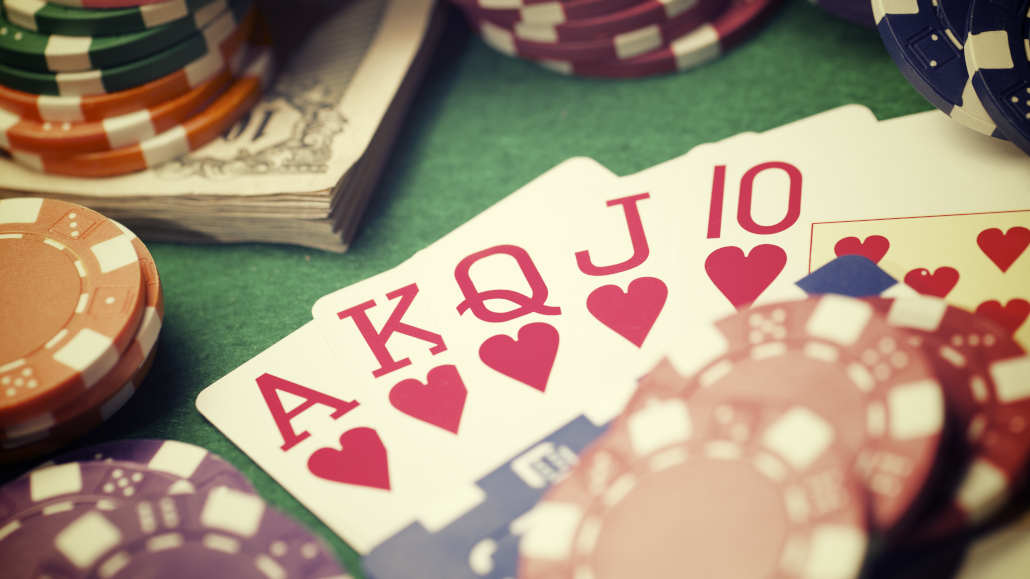Poker Etiquette – Know How To Act At The Poker Table

14 minutes
Poker is a very social card game in which you directly go up against and interact with many other players at the table.
There are precise poker table etiquette rules everyone should follow so that everyone involved in a game can have a pleasant and enjoyable time.
Of course, while knowing the proper strategy and poker odds is more important, having proper poker etiquette can also help you be more successful on the felt.
Most of these rules aren’t set in stone and are more unspoken traditions that everyone partakes in when playing the game but are something every player should be aware of.
On this page, we’ll go over the best casino poker etiquette practices and share with you some of the biggest dos and don’ts you should keep in mind when sitting at the table.
Poker Etiquette Don’ts: Things to Avoid Doing
Let’s begin with the things you shouldn’t do as these are probably more important. Avoiding these poker etiquette faux passes will help you avoid unnecessary conflicts and keep the game flowing nicely.
Don’t Stall the Action
Live poker games are generally much slower in comparison to their online counterparts. With that in mind, the last thing anyone wants is for the game to be even slower than it usually is.
No one prevents you from doing more things at once, like browsing your phone or reading a poker book. Just be sure that you play your hand first and keep the game moving.
It’s understandable that you’d need a few seconds before pulling the trigger on a big bet. But, if you’re stalling the action to order food, look around the room, or chat with other people, this is completely unacceptable.
Holding up the game is one of the most significant poker etiquette breaches you can make while sitting at the table.
Don’t Rush Other Players
In line with previous Texas Hold’em poker etiquette breach, you shouldn’t rush any of your opponents into making a decision.
If you think that a player is taking too much time to act, you can call the clock. When you do so, the floorman will limit the player’s time to make a decision, usually to sixty seconds.
However, even this is something you should avoid doing most of the time. Only call the clock if the player takes too much time every turn or slows down the game on purpose. Otherwise, you should always be respectful towards your opponents and give them enough time to think and decide.
Never Act out of Turn
Acting out of turn isn’t a significant offense, and you can certainly get away with it if you mistakenly do it once or twice. But, repeatedly betting when it’s not your turn to play will put you on the fast track to getting kicked out from the game.
As one of the participants, it’s on you to watch the action and promptly act only when it’s your turn to play.
Always make sure to wait until the action comes to you. If you’re preparing to raise, stay away from your chips until it’s your turn. If you’re going to fold, keep the cards out of your hands and not in any position that would indicate your incoming decision.
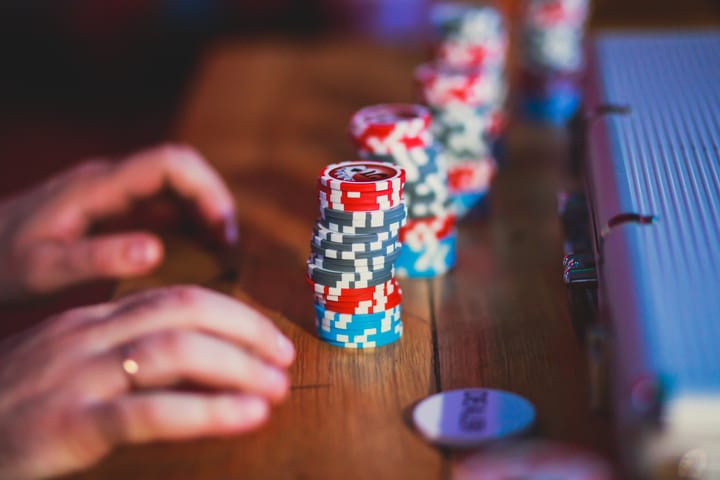
Don’t Ask to See Your Opponent’s Mucked Hands
You have every right to muck your poker hands whenever you want to. With that in mind, your opponents should also have that right, and you should respect this at all times. Any player can play any hand the way he or she thinks is best, and no one should tell them what to do.
Even though there is a rule in place that allows you to ask to see your opponent’s mucked hand on a showdown, you should never call upon it. This rule exists primarily to prevent players from cheating or collaborating.
If you request to see the other player’s hand, you’re directly accusing them of cheating just because you want to see the hand they’ve mucked. If you don’t have any evidence that they’re using dirty tricks, asking to see their cards is extremely poor Texas Hold’em etiquette.
Never Splash the Pot
The action of splashing the pot involves throwing your chips in the pot without caring where they land or how big of a mess they make. Although it may look cool in your head or in poker movies, you should never splash the pot.
Splashing the pot is annoying, impractical, and a surefire way to antagonize everyone at the table, from the dealer to the players.
Inconsiderately throwing in the chips will make it harder for the dealer to determine your bet’s exact size. This means he’ll have to run back the betting action to calculate how much precisely you threw in. It will take them quite some time and put the action to a complete halt until the counting is done.
Don’t Slow-roll
Unlike slow-playing, which is completely fine and in line with the rules, slow rolling is an immoral and underhanded practice of tricking the other player into thinking he has you beat, even though you know you have the best hand.
In terms of poker table etiquette, slow rolling is one of the most significant misdemeanors to make.
While some players might engage in this action from time to time just to annoy their opponents, there’s nothing cool about slow rolling in poker. It’s not clever or not funny. It’s just rude and infuriating.
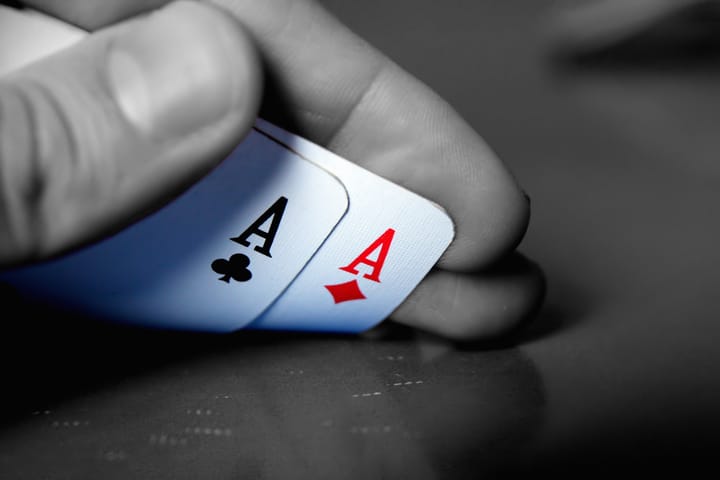
In the early poker days, people have been punched, stabbed, or shot for pulling such shenanigans. And, in all honesty, while I don’t condone such behavior, it’s easy to understand why someone would get so infuriated when faced with such a provocation.
Never Misrepresent Your Hand
This isn’t just lousy poker etiquette, but we can argue that it’s also simple unethical and disgusting behavior. The opposite of slow-rolling, misrepresenting mainly involves claiming you have a strong hand when the opposite is true.
This action will lead to your opponents mucking their hand because you tricked them into thinking they’re beaten. Similar to this, you should also never misrepresent your action to convince other players that you’ll make a certain play when, in actuality, you don’t plan on making that play.
For example, if you move your stack as if you were to make a call and then pull it back, you’ll surely aggravate and provoke the player who was about to reveal his hands at the moment you were about to call.
Arguments and fights have been known to break because of these actions, so misrepresenting your hand is something you should definitely avoid.
Don’t Hit and Run
One of the benefits of playing cash game poker is that you can stand up and leave whenever you want. That being said, you should never be the player who hits and runs, as no one will appreciate you doing so.
In short, a hit-and-run action is when you hit a big win very early on during your session, and you leave right away. Since you’re taking away everyone’s money just because you don’t want to risk losing any of it, you’ll be annoying everyone at the table and breaking poker etiquette.
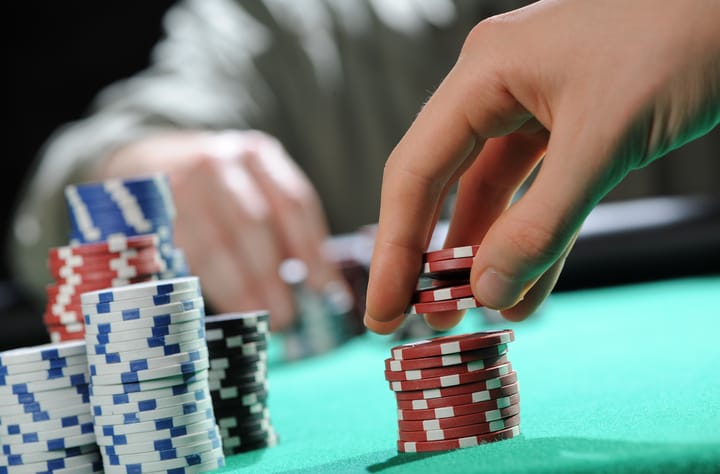
Plus, this action isn’t even as effective as most players who do it believe it to be. If you simply cash out and sit at another table, your chances of losing your newly earned money are still equal as they were at the previous table.
Of course, it can happen that you hit a big win just as you are planning to leave the table and go home. In that case, it’s okay to step down, just don’t make a habit out of it.
Don’t Comment on What Other Players Do
Recall how annoying it is for you when someone tries to fix your actions or comment on everything you do.
Now put yourself in the situation of a player who’s giving unsolicited advice to other players on how to play the game. There’s no point in commenting or highlighting your opponent’s moves.
Like most other things you should avoid at the table, trying to teach others how to play while the game is on is terrible casino poker etiquette. As we’ve mentioned before, every player should be able to play however they want. They’re free to play like an absolute maniac or a complete calling station if that rocks their boat.
Never Reveal Your Hand to Anyone While Playing
Same as with all of the poor etiquette actions above, no good can come from you showing your hand to other players. Even if you sit next to a player who just folded and you want to strike up a conversation, this is something you should avoid.
Even if they’re careful, they could reveal hints to other players regarding the strength of your cards.
Moreover, you should never ask other players to help you out or give you tips while your hand is alive. This is a direct violation of poker’s rules, and you could be forced to fold or even be penalized for your actions.
Don’t Angle Shoot
Angle shooting is a technique more experienced poker players use to take advantage of their inexperienced opponents. It’s also considered unethical, and for many players, there’s no difference between angle shooting and cheating.
In short, angle shooting involves being purposely deceptive to shift the odds in your favor.
The most common example of angle shooting is when a player is intentionally unclear about their move when it’s their turn to act. Another common situation is when a player involved in a multi-way pot talks to their opponents about what actions they’re about to take or how strong their hand is.
Things to Do For Proper Poker Table Etiquette
Now that you know what things you should avoid doing at all costs, it’s time to move on to positive rules of poker table etiquette. Breaking these usually isn’t as big of a deal, but if you want to have pleasant sessions, you should do your best to observe them.
Always Pay Close Attention to the Game
This piece of live poker etiquette is so simple and fundamental that we shouldn’t even have to highlight it. Every player should always pay attention to the action when participating in the game.
While “paying attention” is not a tangible part of the game, not paying attention is disrespectful towards the dealer and your opponents.
By being attentive, you can avoid acting out of turn. You’ll also be able to make decisions quicker. This will, in return, improve the pace of the game and make it more interesting.
If all of this isn’t enough to make you pay attention, you should primarily do it for yourself. To make sure you maintain a positive win rate, you should always be concentrated and keep a close eye on the action.
Be Quiet If You’re Not Participating
If you’re not participating in a particular hand, you should keep a quiet presence and try not to disturb any of the players that are still in the hand.
Since you’re not an active player in the hand, there’s no reason to affect other players by talking about the situation, the bets, or anything else until it ends.
The most important thing to be aware of is that you shouldn’t talk too much while a hand is in progress or talk so loudly that you affect the other players’ concentration. Also, if you’re out of the hand, and taking a call on your phone, turn away or, even better, leave the table until you’ve finished talking.
Maintain a Neat Physical Appearance
Some poker players believe that they should never shower before a tournament or wear the same clothing to maximize their winning chances.

While all of us have some kind of superstition, you should never let this affect other players at the table in an unpleasant way.
Every player should maintain at least a minimal level of hygiene when sitting at the felt. This doesn’t mean that you should dress in dandy clothes all the time. The bar is set very low for this piece of casino poker etiquette. Just try to take a shower before you go in and put on some fresh clothes.
Always be Nice with The Dealer and Other Players
There’s a worn-out saying that goes, “be humble in victory and gracious in defeat.” While it is a cliché, it perfectly applies to the situation you’ll encounter at the poker table.
When you win a hand, don’t yell or provoke other players by rubbing in your victory. When you lose, don’t swear, throw your cards or make a scene.
Keeping a calm demeanor is not only the polite thing to do but wise from a tactical standpoint. Additionally, the dealer is an impartial subject in the game of poker. He isn’t responsible for your success or failures when betting.
While it might be easy to blame the dealer for a bad beat or a poker cooler for the third time in a row, you should never do this. You don’t give the dealer credit when you win, so you should pass on the blame if you lose.
Tip the Dealer When You Win
In line with the previous poker etiquette piece, you should always tip the dealer when you win a good pot, as this is customary in most casinos worldwide. Also, if you’ve ordered drinks or food at the table, tip the waiting staff.
Tipping the dealer isn’t obligatory, but it’s customary and considered proper poker etiquette. The amount you’ll tip the dealer and the waiting staff is not precisely set, and there’s no standard guideline.

Tip an amount you’re comfortable typing. This can be $1, $2, or $5; it doesn’t matter. A little goes a long way in showing the dealer your appreciation.
Properly Stack Your Chips
Many beginners aren’t familiar with this Texas Hold’em etiquette rule when they first play in a poker room. Although this isn’t a cardinal sin in comparison to some other things we’ve highlighted on this page, there is a right and wrong way of stacking your chips.
The most important thing to keep in mind is that you should never cover your stack in any way. Always keep it visible to anyone around the table.
You’re not required to talk to anyone or tell them how many chips you have. Just make sure that they can see that and discern for themselves.

While on this topic, a crucial thing to note is that your high-value chips should always be visible in front of the lower-valued ones. Hiding high-value chips behind the lower ones to mislead your opponents is considered very poor poker etiquette.
Keep Tight Control of Your Hand
The dealer has to pay attention to a lot of stuff that happens during every single poker game. Because of this, mistakes and slip-ups can happen, and when they do, it’s hard to fix them without any damage.
Most poker fans are familiar with the famous scene from the 2009 WSOP incident in which the dealer accidentally mucked Estelle Denis’s hand.
Things like this happen much more often than they should, and the dealers aren’t the only ones to blame for these mishaps.
Every player should keep tight control of their hand and chips and pay attention every second while the game is active. Whether you do this by keeping a close guard at all times or you decide to buy a card protector, it’s on you to safeguard your area.
A Brief Takeaway on Poker Etiquette
This comprehensive page covers everything you need to know about proper poker table etiquette. While it might seem that it’ll be overwhelming having to remember so many different rules, you’ve probably memorized most of them just by reading through this page once.
This is because most of the poker etiquette rules revolve around common sense and polite manners.
Treat your opponents the way you’d want to be treated when playing the game. Don’t pull any moves that would aggravate other players, and everyone, including yourself, will have a good time playing the game that brought all of you together.
Plus, employing some of these casino poker etiquette tips will make you a better player and reflect positively on your poker bankroll by boosting your win rate.
- Poker Squeeze Play – Which Hands Make the Most Sense for Squeezing? - August 10, 2023
- How to Play Low Pocket Pairs in Texas Hold’em - July 29, 2023
- How to Make Deep Runs in MTTs More Often - July 22, 2023








